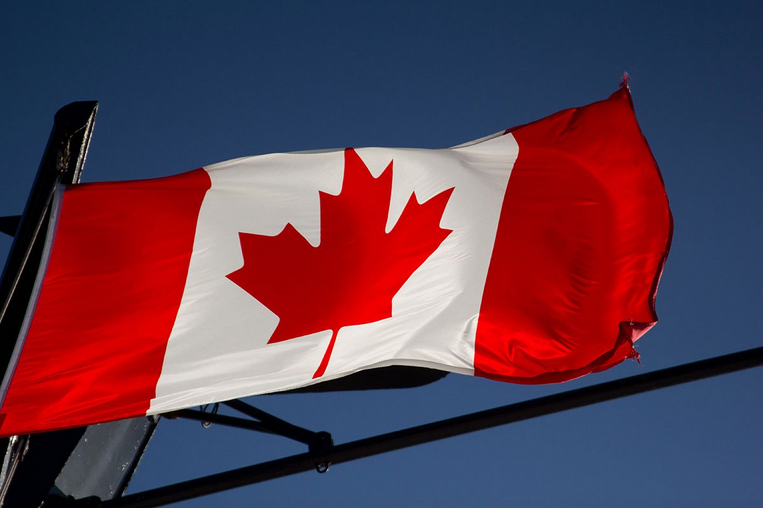The Great White North could be following the United States by legalizing sports betting in Canada. According to a Toronto Sun story last week, the Finance Minister for Ontario, Vic Fedeli, sent a letter to the Finance Minister for Canada, Bill Morneau, asking for an amendment to the Criminal Code of Canada that would legalize single-game sports betting for the country’s largest province. As of today, one can only bet legally via the provincial lottery. Ontario allows for parlay betting at a three-game minimum. The letter even cited the U.S. and it’s recent state by state legalization effort as just cause to pursue the matter. After all, if the U.S. is able to legalize, what is going to stop Canadians from heading south to lay a wager? There are estimates that the potential for single-game betting in Canada could generate as much as $110 million per year in tax revenue.
Single-Game Betting Has Support
In Parliamentary hearings in 2012 and 2013 on what was then titled Bill C-290, various representatives from every major sports league opposed legalized gambling, including the ever-important NHL. Efforts to pass the bill repeatedly failed, in large part because of this opposition from the pro sports leagues. More recently, every major sports league—along with the NCAA, which has only a minor presence in Canada—is on record as being opposed to the measure to amend the criminal code and allow for single-game betting. However, the latest legislation did have one advocate on its side in the International Olympic Committee. In a statement, it becomes clear which side of the issue they fall on.
“The sports movement is not against regulated betting, which is a major source of financing for sport worldwide. Furthermore, legal betting on sport allows fans to extend their support for athletes and teams, thus helping to build stronger attachments toward sport.”
Sports Leagues’ Policies Have Changed
As those of us in the U.S. know all too well, the pro sports leagues have been wavering as of late with their staunch anti-legal sports betting stance. In fact, with all the partnering up they’ve been doing, one could say they’ve moved over to fully embrace the matter. Back in 2016 in Canada, the NBA reversed course on its opposition to NBA games being included on Pro-Line. That complete 180 by the NBA quickly translated to somewhere between an estimated extra $5 to $10 million in tax revenues. Obviously, at the end of the day, it’s those tax revenues that will pique any government’s interest. With legal sports betting spreading state to state in the United States, it has piqued a similar interest in Canadian sports betting. Their provinces are looking to supplement revenues in any way they can, and single-game betting represents a means of doing just that. Increasing revenue without raising taxes? Every politician in the world wants just that.
Politics a Factor
While it is true that Canada is to the north, the political and geographical realities of gambling policy around Canada sports betting are that 90 percent of the Canadian population lives within 100 miles of the U.S. border. As a growing number of states in the U.S. begin to legalize sports betting, the Canadian gaming industry risks losing their products and, more importantly, their revenues head south across the border. The rise of single-game betting and sportsbook wagering leads to many things for the entire economy. It could even help kickstart the Canadian casino gambling industry, which has plenty of infrastructure located at the southern border only minutes from major U.S. population centers such as Detroit and New England.
Where Are They Now?
At the moment, the forecast remains cloudy. Nothing tangible is in the works, but the conversation has begun. In order to achieve single-game betting in Canada, it would take a complete federal repeal given that this is a criminal law and criminal law is a federal matter up north. Since C-290 and the few other efforts to legalize single-game betting failed in 2016, the subject has been quiet.
One roadblock that could stall progress with any repeal is the political split between the provincial legislature and the federal parliament. It remains to be seen exactly how much support any new bill would have. 2016 saw a few members even vote against the party line in favor of legalizing single-game betting. Just like the U.S., the political atmosphere is divided along some pretty intense party lines. Plus, the fact that it will take a federal law to happen does hurt, unlike in the U.S. where it is now a state issue. One thing that will bring conservatives and liberals together, though, is fat streams of tax revenue. And with the movement to legalization directly to their south, Canada would be wise to get on board to not only create new streams but keep the ones they have.
